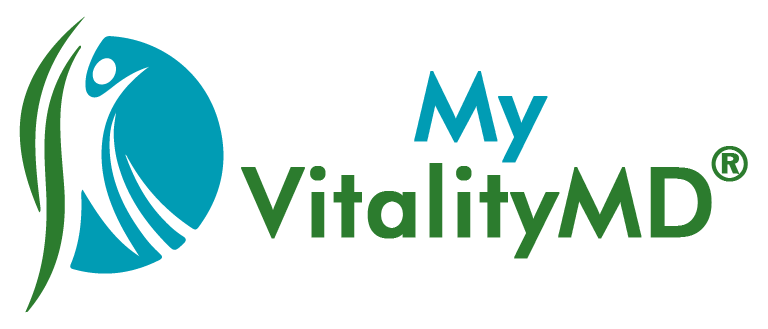Do you know that 5% to 10% of all cancers are related to gene mutations, that are inherited or passed down through the family. Having an inherited genetic mutation does not mean you will get cancer. It means you are at a higher risk for developing a certain type or types of cancer. Medical tests can look for many inherited gene mutations. This type of testing is called predictive genetic testing. Most people do not need this type of genetic testing. It’s usually recommended when certain types of cancer run in a family and a gene mutation is suspected.
Genetic testing helps estimate your chance of developing cancer in your lifetime. It does this by searching for specific changes in your genes, chromosomes, or proteins. These changes are called mutations.

Genetic tests are available for some types of cancer. These include:
- Breast cancer
- Ovarian cancer
- Colon cancer
- Thyroid cancer
- Prostate cancer
- Pancreatic cancer
- Melanoma
- Sarcoma
- Kidney cancer
- Stomach cancer
Genetic testing may help:
- Predict your risk of a particular disease
- Find if you have genes that may pass increased cancer risk to your children
- Provide information to guide your health care
Why one should consider genetic testing for cancer?
Genetic testing is a personal decision made for different reasons. It is also a complex decision best made after talking with your family, health care team, and genetic counsellor. Dr. Nhi Le recommends considering genetic testing in the following situations:
- A personal or family history suggests a genetic cause of cancer.
- A test will clearly show a specific genetic change.
- The results will help with diagnosis or management of a condition. For example, you may take steps to lower your risk. Steps may include surgery, medication, frequent screening, or lifestyle changes.
Dr. Nhi Le also recommends genetic counselling before and after genetic testing.
